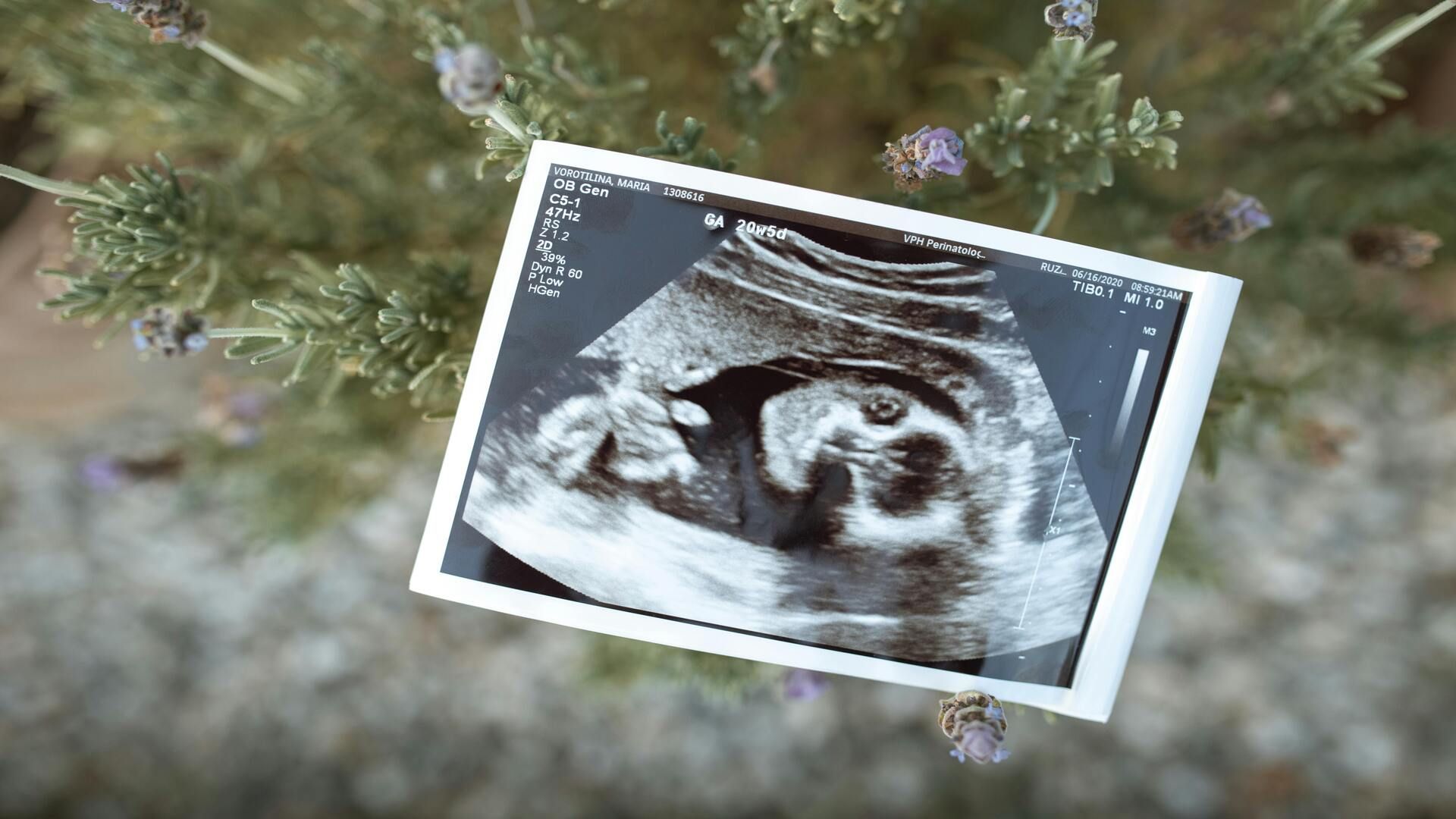The first movements of the fetus

Sarah Johnson, MD

Expectant parents frequently look forward to feeling their baby move for the first time. Pregnancy can become even more thrilling during these “quickening,” or initial sensations of baby movement. In addition to being consoling, quickening is a positive pregnancy milestone that indicates your unborn child is healthy and active.
It can be difficult to predict at first how your baby will kick or when you should start noticing them. Learning what’s typical during the second trimester week-by-week can help you understand when these first movements usually appear.
When First Movements Happens During Pregnancy
Every pregnant person is different, but even though your baby has been moving from the beginning, you probably won't feel them move until about 17 weeks into your pregnancy. Those who are first-time mothers might not feel flutters until they are about 20 weeks along, but those who have been pregnant before frequently detect baby movement earlier. Pregnancy's term for these initial fetal movement sensations is “quickening.”
Because they know what to expect, expectant parents who have previously been pregnant frequently detect fetal movements early. They may also have more elongated abdominal muscles and other tissues, which makes it simpler to feel their baby's early movements. These sensations also align with other body changes described in the second trimester.
better with Soula

Support for every woman:
✅ A Personalized Plan to reduce anxiety and overthinking
✅ 24/7 Emotional Support whenever you need it Cycle-Aligned Mental Health Tracking — monitor your mood and symptoms in sync with your period
✅ Real-Time Insights into your energy levels and emotional state
✅ Bite-Sized Exercises to help you return to a calm, balanced state — anytime, anywhere
What First Movements Feels Like
Lower abdominal flutters, twinges, taps, flickers, or bubbles are common sensations associated with quickening. It's frequently really subtle and initially puzzling. Many new parents mistake those movements of the fetus for gas. The movements will intensify and probably mimic real kicks as your pregnancy progresses and your baby grows stronger. By the third trimester, punches or jabs are used.
Furthermore, quickening may be more noticeable during specific hours of the day. Babies frequently move around right before or during meals. Some parents also find it helpful to compare these sensations with typical changes in fetal size by week. Movement often increases in response to certain foods, sounds, or actions.
How Often Your Baby Will Move
Following the initial stages of quickening, you may not experience fetal movements every day. You might not feel your baby's kicks, but be assured that they are still moving because of the amniotic fluid and the light weight of the baby.
However, the baby has less wiggle room by the time you reach 24 or 26 weeks pregnant, and you'll probably experience movement every day. Your prenatal care physician will probably advise you to begin a daily kick count by week 28 in order to monitor your baby's activities. If you're nearing the due date and feel changes, it may also be useful to read about why movement can feel different close to delivery.
Why Your Baby Moves
For fetal development, mobility is crucial. For appropriate development, babies need to stretch and move about. Your child gets ready for life beyond the womb with these motions.
A problem can be present if the infant isn't wriggling. For instance, you may have low amniotic fluid levels or the baby may not be receiving enough nutrients from the placenta. A much less common sign of stillbirth could be the absence of fetal movement.
When You Don't Feel Movement
Not every pregnant woman will experience quickening at the same time, and it's not always a symptom of health issues if it doesn't happen toward the end of the pregnancy, at approximately 17 weeks. Feelings during pregnancy are not always a perfect reflection of what’s happening inside the uterus.
She does advise, however, that if you haven't noticed any quickening by 18 to 20 weeks, you should consult your OB-GYN or midwife. Even though the delay can be the result of something as straightforward as your placenta's positioning, your doctor will probably want to perform a fetal Doppler or ultrasound to make sure the baby is doing well. Techniques that help you reconnect with your body — like simple mindfulness and grounding practices — may also ease the worry during this time.
There are more guidelines for monitoring fetal movement beyond 28 weeks. You should be able to identify at least ten movements every day, within two hours, by the third trimester. According to research, educating expectant parents about the significance of counting kicks may help prevent stillbirth and reassure them that their child is well.
If you discover that your kid isn't kicking as much, consider eating something sweet and increasing your level of exercise. To rule out any pregnancy-related problems, consult a healthcare professional if you are still not feeling regular fetal kicks.
If you are worried about your pregnancy, try Soula. Soula is AI assistant for Female Wellbeing.














